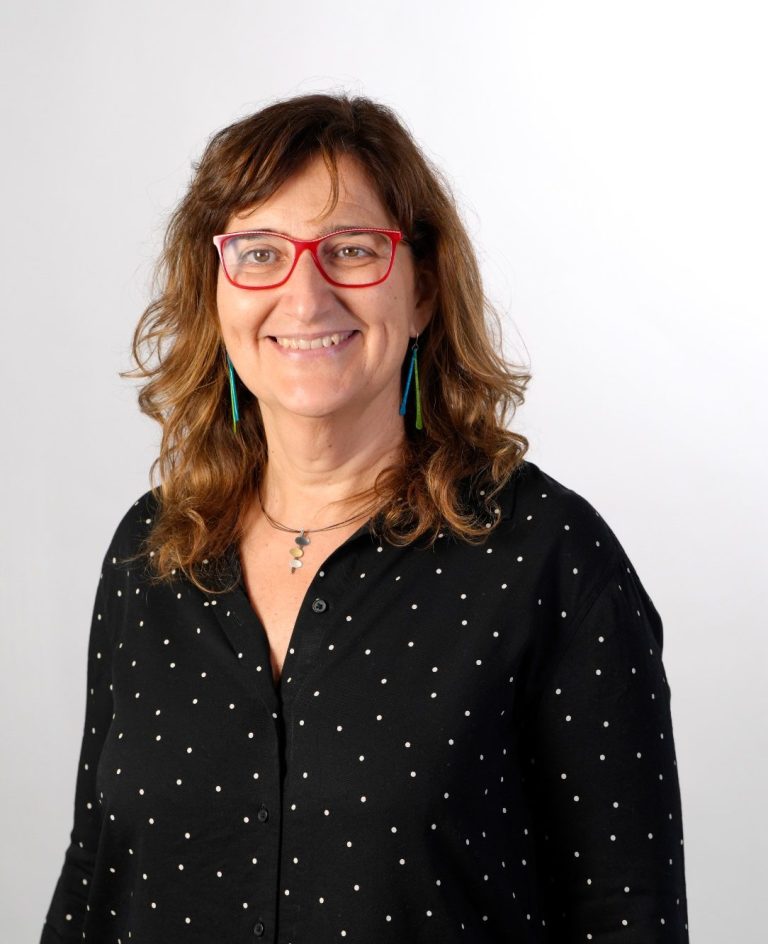Monthly Noma Webinars
Monthly seminars will be held on the last Tuesday of each month from 16h00 to 17h00 South Africa Standard Time (UTC/GMT +2 hours).
Dr. Albertin Onsea,
MSc, PhD
Tuesday the 29th of April 2025
at 16h00 to 17h00 South Africa time (UTC/GMT +2 hours).
Ethnopharmacological traditional treatments of noma and current pharmacotherapy of noma.
Dr. Albertin Onsea is a licensed pharmacist who currently works at the University of Milan as the vice director of the postgraduate masters program in Skin NTDs. Dr Onsea has a PhD in pharmacology and is a member of the Research Center of Precision Medicine and Chronic Inflammation of the University of Milan.
Dr Onsea is also a member of different societies of pharmacy and pharmacology and has a special interest is ethnopharmacology applied in skin NTDs and tropical diseases.
In environments where noma is present patients often seek help from traditional medicine practitioners. Traditional medicine often uses plants in different ways. Dr Onsea is studying which plants are traditionally used to treat noma, what these plants contain and if traditional healers report that these treatments change the course of the disease.

Dr. Carme Carrion
PhD
Tuesday the 30th of September 2025
at 16h00 to 17h00 South Africa time (UTC/GMT +2 hours).
WHO SkinNTD App: field assessment from Kenya
Carme Carrion holds a PhD in Biochemistry and Molecular Biology (2002), a master’s in biotechnology (1995), a Master in Conflictology (2008) and a Master in Planetary Health (2024). She is currently Health Associate Professor at Universitat Oberta de Catalunya (UOC) and part-time Associate Professor in the University of Girona (UdG). Previously she was Senior Researcher at the Agency for Health Quality and Assessment of Catalonia (CAHTA) (2012–2016) where she was leading the development of several Clinical Practice Guidelines (CPG) and Clinical Decision Support systems. She has been the director of the master’s degree in eHealth at UOC's School of Health Sciences, a World Health Organization (WHO) collaborating centre in eHealth. Currently, she is also the scientific coordinator of the eHealth Center at UOC, an academic centre whose main goal is to capacitate and empower citizens and professionals through the use of technology so that they can lead the paradigm shift in health. She is the Principal Investigator of eHealth Lab Research Group where she is leading several research proposals linked to the assessment of digital health interventions mainly in low and middle income countries.

We need your consent to load the translations
We use a third-party service to translate the website content that may collect data about your activity. Please review the details in the privacy policy and accept the service to view the translations.